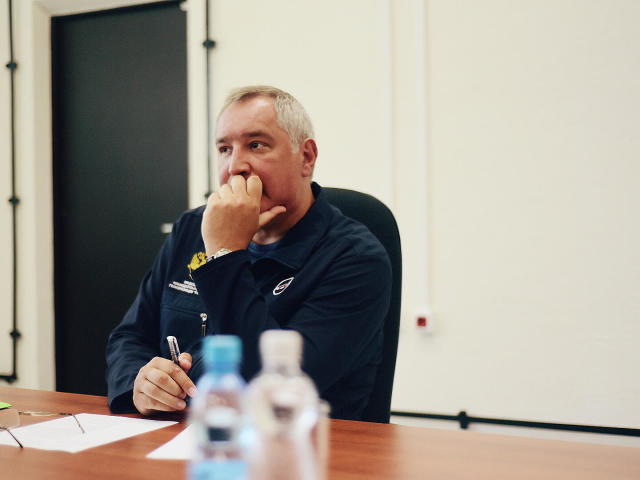Russia is stopping the supply of rocket engines to the United States of America and will not conduct joint experiments with German colleagues on the ISS, Dmitry Rogozin announced.
The Russian State Corporation for Space Activities is stopping the supply of rocket engines to the United States and will not cooperate with Germany on experiments on the International Space Station.
"Today we have made a decision to stop the supply of the production of the Scientific and Production Association "Energomash" to the United States. Let me remind you that somewhere else since the mid-90s we have been quite active. It is primarily RD-180 engines, which as propulsion engine flying rocket "Atlas-5", and the RD-181, which is the first stage rocket "Antares", — said the head of Department Dmitry Rogozin said, adding that "let them fly on something else, her brooms, I don't know what".
Russia will no longer service the 24 engines that will remain with the American side.
Also, in response to the shutdown With Germany's eROSITA telescope at the Spektr-RG joint orbital astrophysical Observatory located at the L2 Lagrange point, Roscosmos is stopping cooperation on experiments on the International Space Station and will conduct them independently.
According to him, because of this, Russia will adjust its rocket and space program: the task of creating dual-use satellites will come first, that is, not only for the needs of Roscosmos, but also for the Ministry of Defense — taking into account the "conditions" in which the country is located.
"Now we are stopping all other work and all other expenses and throwing money, first of all, at the Russian satellite construction. <...> I held talks with the heads of our companies that create spacecraft: they all proceed from the fact that all our immediate plans will be implemented taking into account the availability of an electronic component base of national production," the head of the department summed up.
Since the beginning of Russia's military operation on the territory of Ukraine, Western countries have imposed many sanctions. Some affected the space industry. In response, Roscosmos decided to suspend cooperation with the European Space Agency on launches from the Kourou cosmodrome in French Guiana and withdrew its specialists from there. Russia also refused to cooperate with NASA on the automatic interplanetary mission "Venus-D", calling it inappropriate.
The launch of satellites of the British company OneWeb on a Russian Soyuz rocket from the Baikonur cosmodrome, scheduled for March 5, was also in question. Before the launch, Rogozin called on his Western colleagues to provide guarantees that the devices would not be used for military purposes, and also demanded that the British government withdraw from the shareholders of OneWeb and sell its stake.
However, today it became known that the board of directors of the corporation decided to suspend all launches from Baikonur. The British government will reconsider its participation in all projects involving cooperation with Moscow.

